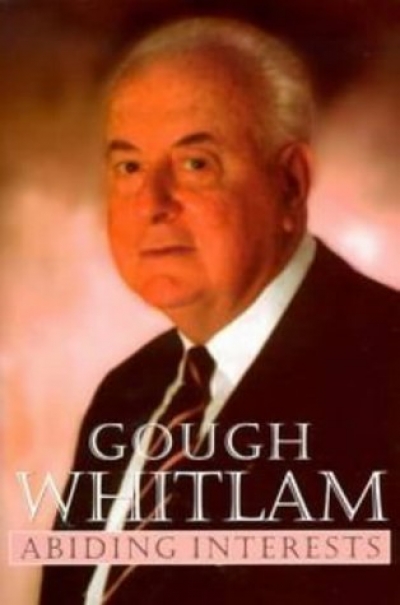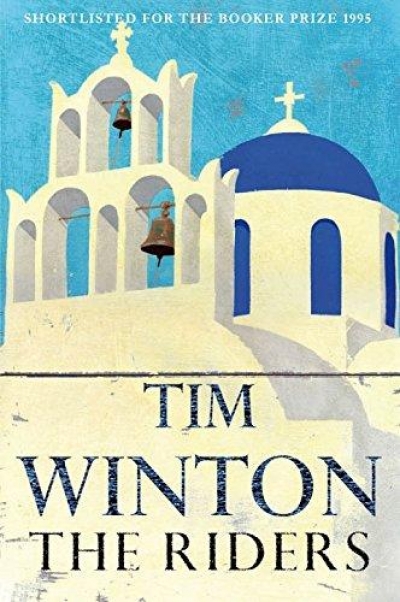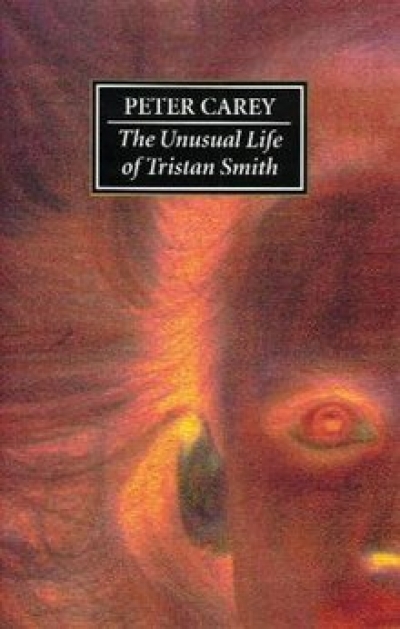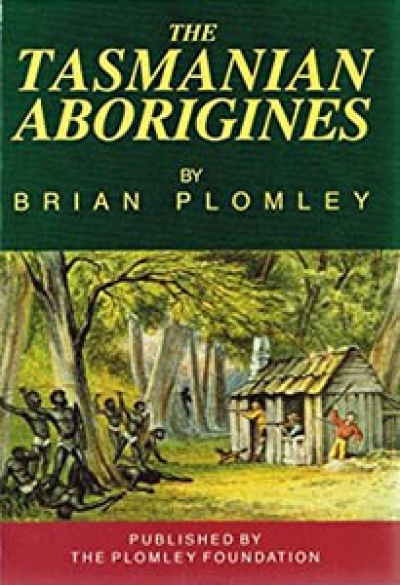Archive
Without the support of a recognisably unified literary tradition, the Australian poet has had to come to terms with the diverse elements of an increasingly heterogeneous culture. Australia is, was, and ever shall be, someone else’s country, a homeland so fundamentally altered as a concept as to be no longer comfortably recognisable as ‘Home’. Paradoxically, if anything has drawn Australian poets together, it has been a strong attachment to the physical environment, the strange and often harsh beauty of an ancient land but one no longer a comfortingly European possession. As far as forms, genres, literary concepts are concerned, writers have had to draw on their own particular sense of a cultural past that has been, for the most part, European in origin. With the passing of time, a growing disharmony has arisen between the natural rhythms of the land and its hapless European inheritors. This alienation has announced itself often enough in poems of nostalgia, loss, and lovelessness.
... (read more)Joseph Banks and the English Enlightenment: Useful knowledge and polite culture by John Gascoigne
Anyone who has had the experience of trying to translate a poem across even a fairly low-density language barrier (say German or French into English) will have tasted the near despair of finding oneself in danger of killing that in the creature that one most wanted to save. Sometimes it feels like cutting down the tree and whittling from the wood a mere mock replica of it – the sap goes, the leaves in all their lively beauty disappear, and at best there’s an artifact which cleverly reproduces the mere outlines of what was once brimming with life.
... (read more)







